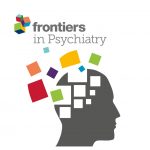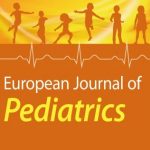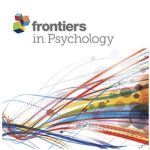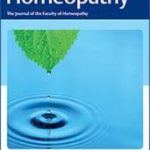Identifying complementary and alternative medicine recommendations for anxiety treatment and care: a systematic review and critical assessment of comprehensive clinical practice guidelines

Background: Clinical practice guidelines (CPGs) are used to guide decision-making, especially regarding complementary and alternative medicine (CAM) therapies that are unfamiliar to orthodox healthcare providers. This systematic review aimed to critically review and summarise CAM recommendations associated with anxiety management included in the existing CPGs. Methods: Seven databases, websites of six international guidelines developing institutions, and the National Centre for Complementary and Integrative Health website were systematically searched. Their reporting and methodological quality were evaluated using the Reporting Items for practice Guidelines in Healthcare checklist and the Appraisal of Guidelines for Research and Evaluation (2nd version) instrument, respectively. Results: Ten CPGs were included, with reporting rates between 51.4 and 88.6%. Seven of these were of moderate to high methodological quality. Seventeen CAM modalities were implicated, involving phytotherapeutics, mind–body practice, art therapy, and homeopathy. Applied relaxation was included in 70% CPGs, which varied in degree of support for its use in the treatment of generalised anxiety disorder. There were few recommendations for other therapies/products. Light therapy was not recommended for use in generalised anxiety disorder, and St John’s wort and mindfulness were not recommended for use in social anxiety disorder in individual guidelines. Recommendations for the applicability of other therapies/products for treating a specific anxiety disorder were commonly graded as “unclear, unambiguous, or uncertain”. No CAM recommendations were provided for separation anxiety disorder, specific phobia or selective mutism. Conclusion: Available guidelines are limited in providing logically explained graded CAM recommendations for anxiety treatment and care. A lack of high-quality evidence and multidisciplinary consultation during the guideline development are two major reasons. High quality and reliable clinical evidence and the engagement of a range of interdisciplinary stakeholders are needed for future CPG development and updating.






Lascia un commento
Devi essere connesso per inviare un commento.